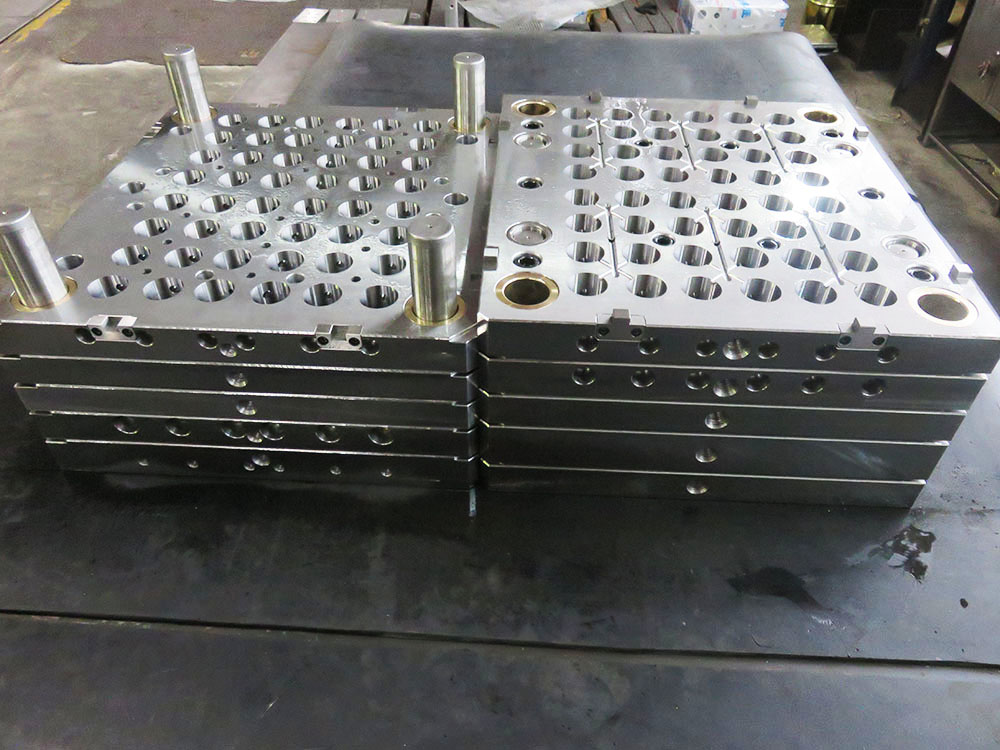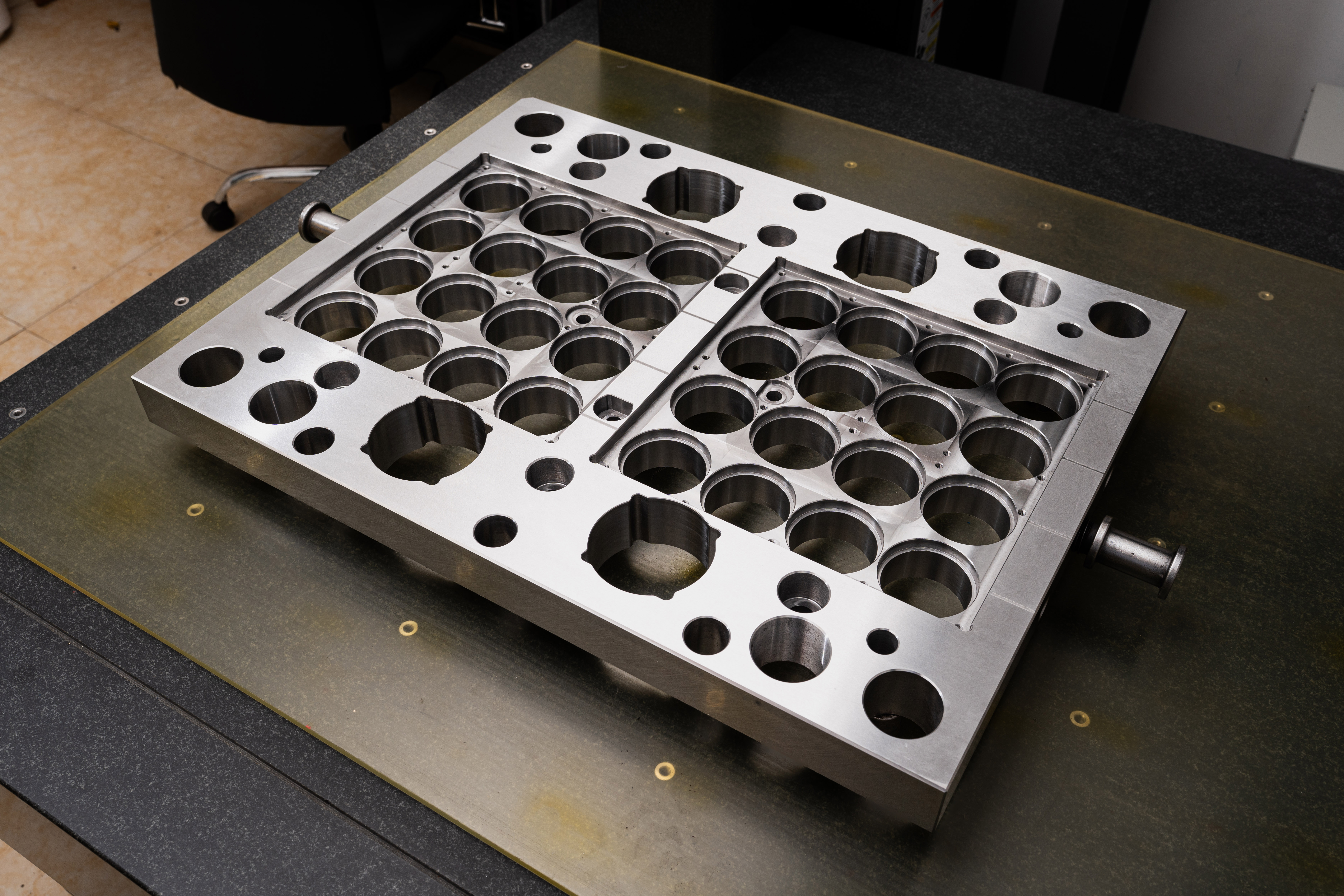The Role of Mold Base in the Manufacturing Industry
Mold bases serve as an integral component in the manufacturing industry, particularly in the production of plastic parts, metal castings, and various other precision components. Mold bases provide a sturdy and reliable foundation for molds, ensuring optimal accuracy, stability, and efficiency throughout the manufacturing process.
The Design and Composition of Mold Bases
Mold bases are typically made from high-quality steel, chosen for its durability and resistance to wear and tear. The design of a mold base depends on the specific requirements of the product being manufactured. It consists of several key components, including the mold cavity, core, guide pins, ejector pins, cooling channels, and support pillars.
The Importance of Precision in Mold Base Manufacturing
The manufacturing of mold bases requires a high degree of precision to ensure the effective functioning of the molds. Each component is meticulously engineered to meet exact specifications, guaranteeing the accurate production of the final product. Precision machining techniques are employed to create the intricate features and tolerances required for optimal mold performance.
The Manufacturing Process of Mold Bases
The manufacturing of mold bases typically involves several steps. First, the design of the mold base is created using computer-aided design (CAD) software, taking into consideration the product requirements and manufacturing constraints. Next, the chosen steel material is cut into the desired shape using CNC machining or other precision cutting techniques.
The various components of the mold base, such as the cavity and core, are then carefully machined and assembled. Cooling channels, essential for efficient temperature control during the molding process, are incorporated into the design. Finally, the mold base undergoes thorough testing and quality control measures to ensure its performance and durability.
The Advantages of Using Mold Bases in Manufacturing
Mold bases offer several advantages to manufacturers. First and foremost, they provide a stable and reliable platform for molds, minimizing the risk of defects and ensuring consistent part quality. Additionally, mold bases enable quick mold changes, reducing production downtime and enhancing efficiency. The modular nature of mold bases allows for easy customization and adaptation to varying product requirements.
The Future of Mold Base Manufacturing
The mold base industry is continuously evolving to meet the demands of the ever-changing manufacturing landscape. Advancements in technology, such as additive manufacturing and automation, are revolutionizing the mold base manufacturing process. These advancements are expected to further enhance precision, speed, and customization capabilities within the industry.
In conclusion, mold bases play a crucial role in the manufacturing industry, providing a solid foundation for molds and ensuring optimal accuracy and efficiency. The precision manufacturing process, along with the advantages they offer, makes mold bases an indispensable component for manufacturers across various sectors. As technology continues to advance, the mold base industry is poised to further innovate and adapt to meet the evolving needs of the manufacturing world.



